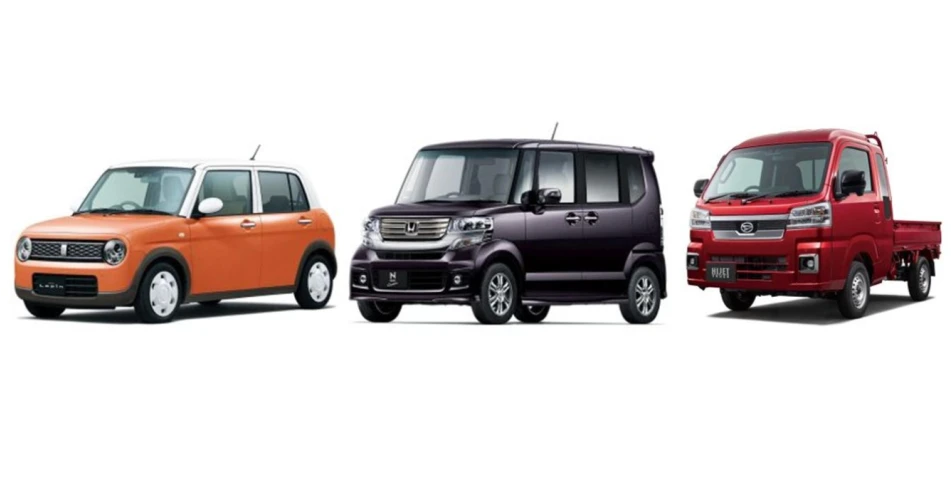Cast your mind back a few years and a very common sight on a visit to most continental capitals would have been compact city cars such as the Smart or Renault Twingo. These and other models like them, seemed perfect for electrical propulsion. However, when it came to EVs the car makers decided to go big and go heavy.
Now with EV sales floundering and car manufacturers struggling to meet EV targets it appears that electric city cars could provide a solution.
One company that certainly believes this is Renault. It is working towards the introduction of a sub €20,000 Twingo EV next year, while VW plans the introduction of a compact ID1 in 2027. There were even talks over a joint venture on compact cars between the two car giants, although this came to nothing.
Renault Group CEO Luca de Meo has said he believes the way ahead for urban electric vehicles should take inspiration from the Japanese concept known as kei cars. These are the smallest category of Japanese, motorway legal, vehicles and have restricted dimensions and power output. This makes them cheap to run and insure and also means they avoid many city parking restrictions, making them popular as cars, vans and small trucks.
Luca de Meo recently said the future of motoring could be about, “Going back to the fundamentals of the industry, mass development of small cars for urban travel and last-mile deliveries, adding benefits such as reserved parking spaces, cheaper parking and reserved charging points”.
De Meo believes that the future of city EVs is about not only reducing price but also accepting that these vehicles do not need ICE matching range. He also says that many potential car buyers have now completely vacated the new car segment as new models have become too expensive.
It is perhaps the type of common sense thinking that car manufacturers and government authorities need to seriously look at and could offer the long term sustainable mobility solutions that electric vehicles were originally intended to offer.
